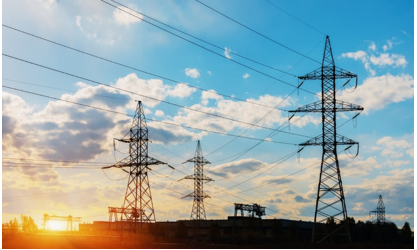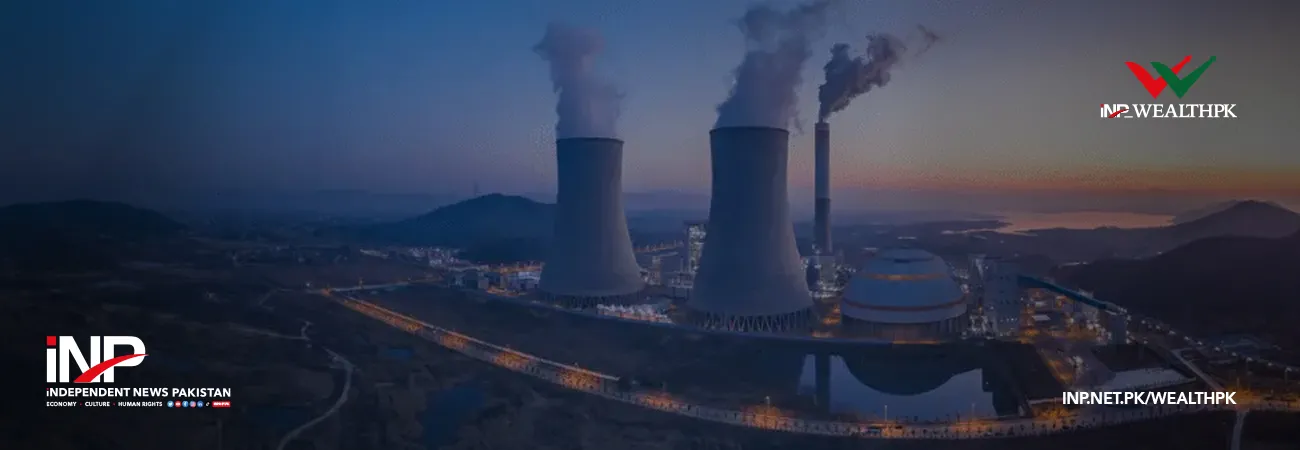INP-WealthPk
Amir Saeed
Pakistan needs effective electricity planning, linking new power generation directly with the actual industrial demand to ensure efficient use of resources and economic growth.

Talking with WealthPK, Dr. Khalid Waleed, an energy expert at Sustainable Development Policy Institute (SDPI), highlighted that Pakistan’s electricity planning should focus primarily on industrial demand instead of just increasing supply. He emphasized that the government should not increase electricity supply without corresponding with the industrial demand, warning that constructing new power plants without adequate industrial use results in underutilized and costly projects.
He criticized the traditional Indicative Generation Capacity Expansion Plan (IGCEP) for concentrating too much on adding new capacity rather than making better use of the existing resources and meeting the actual economic requirements. Khalid acknowledged recent improvements, such as the exclusion of 8,000MW high-cost projects and projected savings of Rs4,743 billion — as positive steps toward fiscal prudence.
However, he insisted that the IGCEP’s core flaw remains: it treats generation expansion as the solution, ignoring the reality of underutilized assets, unaffordable electricity, and stagnant industrial demand. He stressed the urgent need for a demand-side strategy that actively stimulates industrial consumption, electrifies transport, and supports new manufacturing zones. Without this, any new generation risks becoming stranded.
Khalid called for a shift from supply-driven to demand-driven planning, proposing an evolution from IGCEP to an Industrial Demand Capacity Expansion Plan (IDCEP) to align electricity planning with economic development, climate obligations, and trade competitiveness. Speaking to WealthPK, Farhan Wahid, a green finance researcher at Quaid-e-Azam University, Islamabad, said the energy sector must prioritize integrated planning that connects electricity supply with actual economic growth targets.
He pointed out that for too long, the focus has been on building more power plants without considering whether the electricity produced will be used efficiently. This approach has led to high costs, underutilized assets, and increased financial pressure on both the government and consumers. Wahid emphasized the importance of aligning generation planning with the industrial policy, so that new energy projects directly support the growth of manufacturing, export zones, and modern industries.
He also highlighted the need to factor in international trends, such as carbon pricing and shift toward cleaner energy, to keep Pakistan’s exports competitive. He recommended adopting an Integrated Economic Planning (IEP) approach, where the energy investments are made in tandem with strategies to boost industrial demand, create jobs, and meet climate commitments.
Credit: INP-WealthPk













